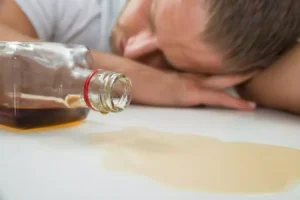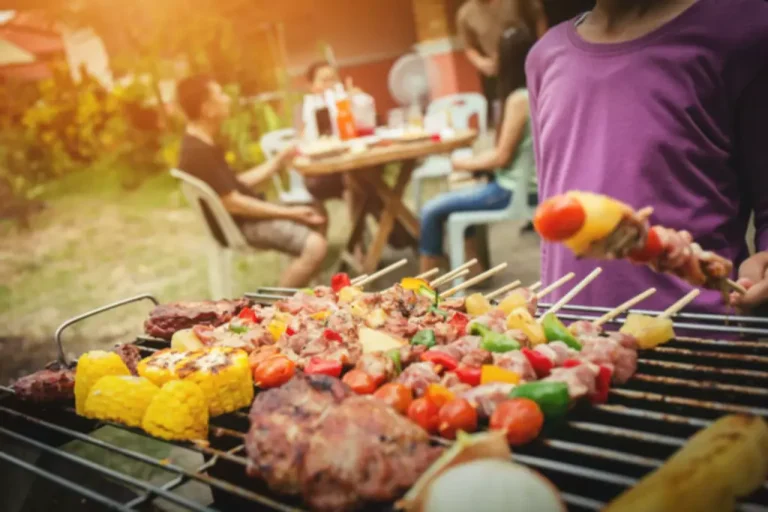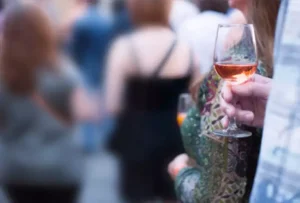
It isn’t just people who know they have a problem who stand to benefit from giving up alcohol – it’s everyone. From her excessive drinking and smoking to disordered eating and falling for the wrong men, Caroline Knapp is seemingly attracted to anything and everything that isn’t good for her. She drinks to cope with life’s difficulties, like the death of her parents, but it’s only after twenty years of dependency that she sees how the “cure” to her stress and anxiety is the real problem. She has a high tolerance and never gets sick or passes out. Hepola spends hungover mornings piecing together the missing hours of the nights before and frequently wakes up with unrecognizable men in unfamiliar places.

The 30-day plan for quitting alcohol
Throughout the book, the narrator is battling active addiction in real time. She is candid and raw, explaining how burying her feelings of inadequacy led to burying big parts of herself and, ultimately, burying the fact that she had a potentially life-threatening dependence on prescription medication. The Unexpected Joy of Being Sober, by Catherine Gray, is part memoir, part instructions about how to become a sober person and be happy about it. Her colorful language oozes character and personality and leaves the reader eager to share a non-alcoholic seltzer and a story with her. The Biology of Desire, by Marc Lewis, Ph.D., explores the idea that addiction is not a disease but, rather, evidence of the body working as intended.
Between Breaths: A Memoir of Panic and Addiction

Pooley walks us through a year of her life spent battling alcohol addiction and a recent breast cancer diagnosis, two battles — spoiler alert! When I stopped drinking alcohol, I was desperate to know the stories of other people who’d also taken this road less traveled. During the most unsettling time of my life, I craved all the messy, tragic, complex, wonderful stories that could show me what was on the other side. Nobody in my real life could meet that need, so I turned—as I always do when I need comfort, encouragement, or inspiration—to books. As a mother, I relate to her story so deeply—our children were the same young age when we stopped drinking.
‘High Achiever: The Incredible True Story of One Addict’s Double Life’

We drink to avoid boredom, the end of things, and our own failures. I also appreciate that she interviewed top psychiatrists and neuroscientists for this book to get a better understanding of what drives us to become addicted to alcohol. It’s gritty, honest, and not the perfect, happy ending best books for alcoholics we’re all looking for, but it’s real. This gem of a book by Clare Pooley is a nice departure from the intensely introspective books I just mentioned. And that’s not to say that it isn’t introspective (it is!), but it’s also funny and more lighthearted. What’s so fascinating about this book is that he approached it from the standpoint of a journalist.
- Every chapter reframes a traditional Step through a rational, secular lens.
- She is candid and raw, explaining how burying her feelings of inadequacy led to burying big parts of herself and, ultimately, burying the fact that she had a potentially life-threatening dependence on prescription medication.
- Smartphones have become constant companions, quietly rewiring our brains, reshaping behavior, and stealing presence, peace, and purpose.
- Provides insight and meaning to the adult child of an alcoholic and addict.
#5 – Living Sober by Anonymous
So how, where, why, and when did that change now that they are adult addicts? Why was it so easy to set boundaries and say no when they were children, yet it seems incomprehensible or impossible today? Is the addict going to control you, or will you take back control with boundaries? Sure the boundaries may not feel good initially, and like the scissor and lighter example, your first instinct should be to protect your child. Not being able to set boundaries and say no doesn’t protect them from their addiction, and it only protects your feelings at the moment. No substance user enters a rehab center or considers positive change unless they see and feel the need to do so.
- Trying to strategize and find solutions with other family members affected by the addiction is not always the best course of action either and often results in ineffective outcomes.
- Families often increase the addiction problem and may or may not believe the help they provide will one day pay off.
- Prozac Nation is an important piece of work, notable for its distinctive youthful voice and confessional nature.
- Her colorful language oozes character and personality and leaves the reader eager to share a non-alcoholic seltzer and a story with her.
- Sarah also explores how alcohol affected her relationships with her friends, family, and even her cat.
“12 Stupid Things That Mess Up Recovery” by Allen Berger, Ph. D., delivers concise, direct advice on recognizing and overcoming the biggest obstacles to long-term sobriety. Learn how to develop healthier behaviors, make amends, seek help for relationship challenges and value growth over perfection. “The Mountain Is You” by Brianna Wiest is a self-help book about why we self-sabotage, how to stop self-sabotaging and how to step into our potential.
Must-Read Books About Addiction

His dysfunction has the weird quality of being both uniquely his own and universal. Pooley went from a high-power advertising executive to a stay-at-home mum with an enormous wine belly and a whole host of regrets she attempted to drink away. At the time, I lived outside of the US in a country where alcohol was illegal for the local population but also rampant within the expat community.
- Discover additional details about the events, people, and places in your book, with Wikipedia integration.
- From her excessive drinking and smoking to disordered eating and falling for the wrong men, Caroline Knapp is seemingly attracted to anything and everything that isn’t good for her.
- There’s also the dark comic relief offered throughout, which I am a big sucker for.
- She turned to alcohol and drugs in an attempt to self-medicate and treat her emotional pain.
This is one of the first books I read about addiction ever, before I realized I had a problem. Running with Scissors is true-life Drug rehabilitation memoir that recounts Burroughs’ troubled childhood. His mother suffered from mental illness and addiction, creating a situation in which Burroughs was raised in a tumultuous and unpredictable manner. This book is unique in the fact that it chronicles his childhood trauma, as well as how it directly related to his first forays into drug and alcohol use. Although his childhood experience was remarkably different from the norm, it still illustrates the vulnerability that emotional abuse creates in relation to the formation of addiction. Below are fifteen incredible books by drinkers who battled alcohol addiction and lived to tell the tale.
Body camera captures fatal police shootout after man pulls out gun on Baltimore officers
As a wildly famous celebrity, he struggled with more than just alcohol. But it’s easy to resonate with his emotions surrounding addiction, no matter your vice. Before we get into books for children that explain addiction, two groups are highly recommended for young people who have a parent or loved one who has an addiction.
